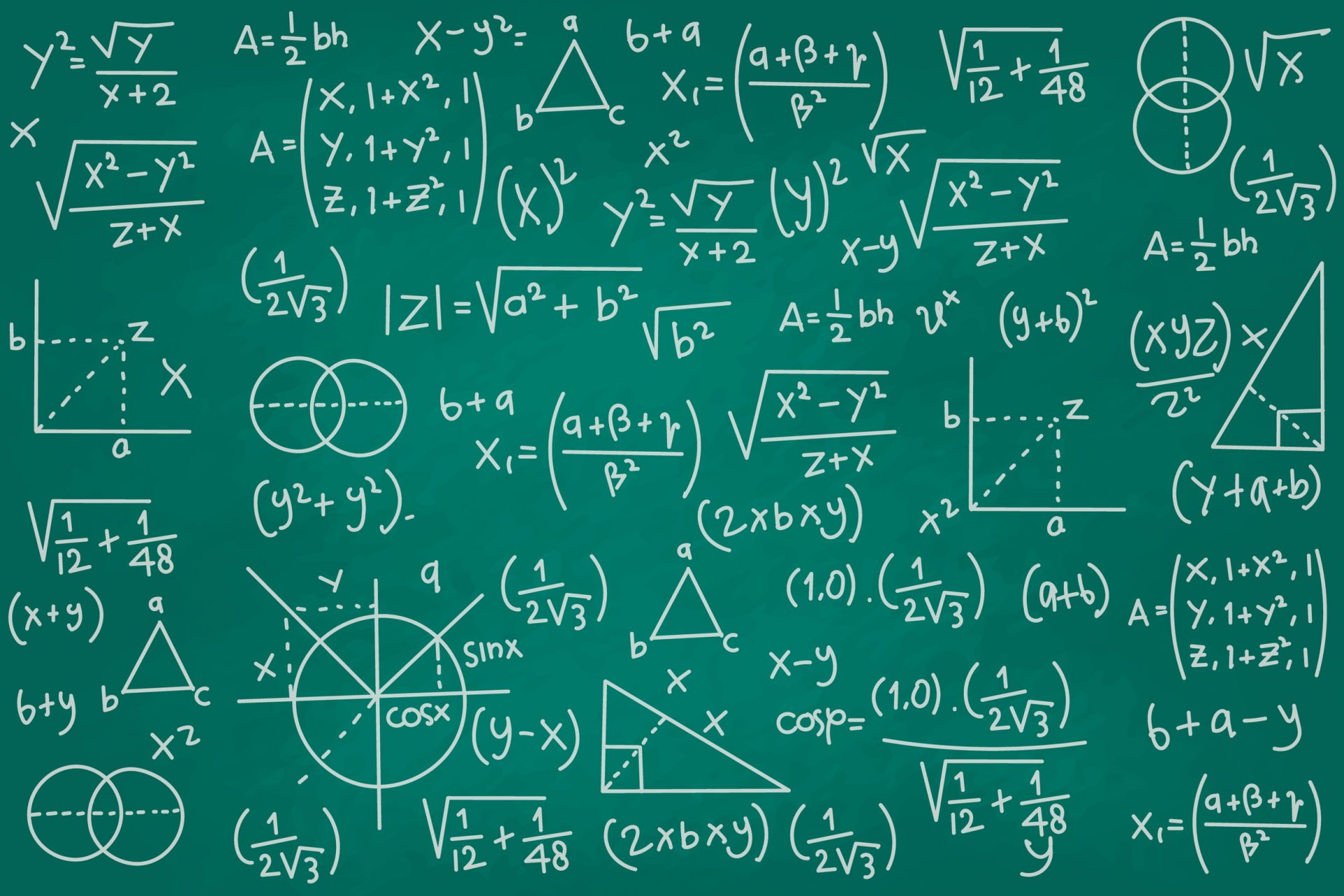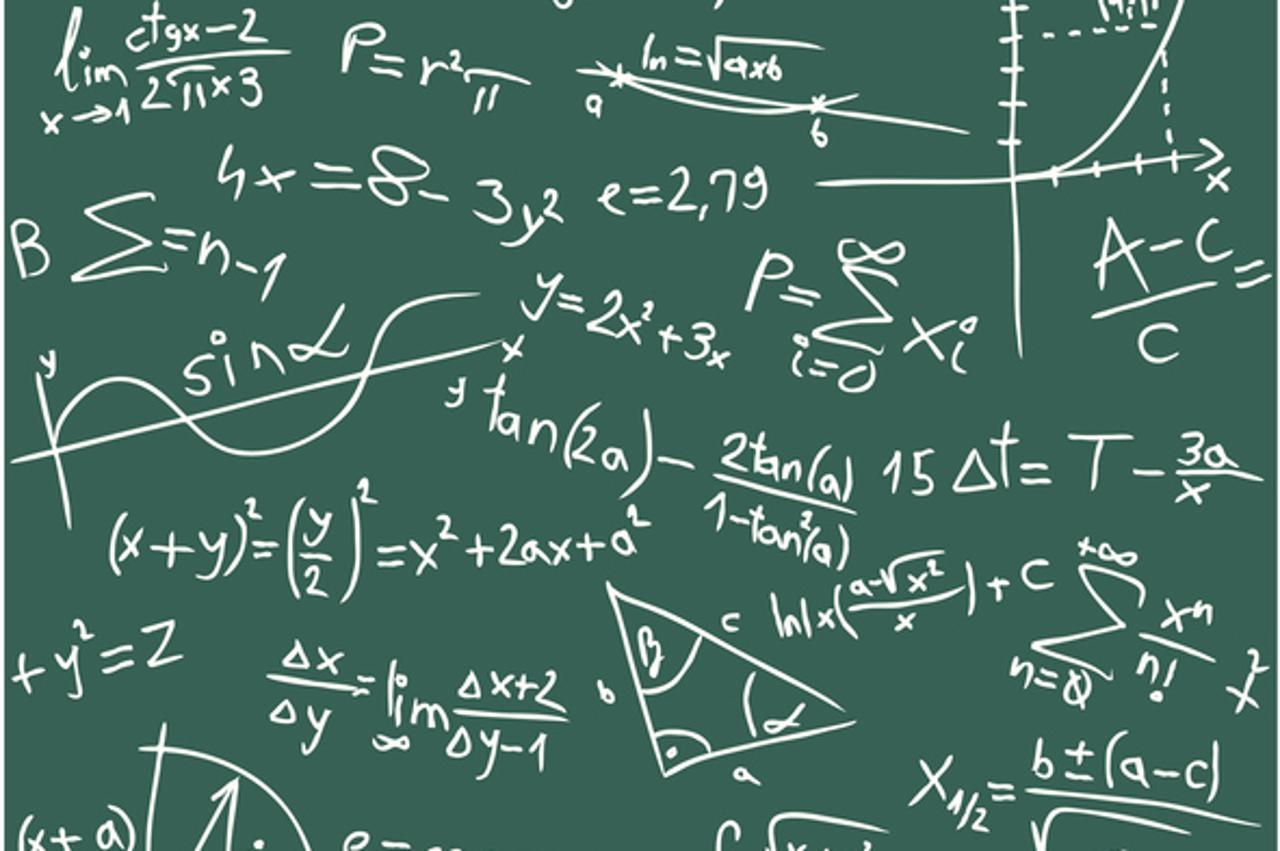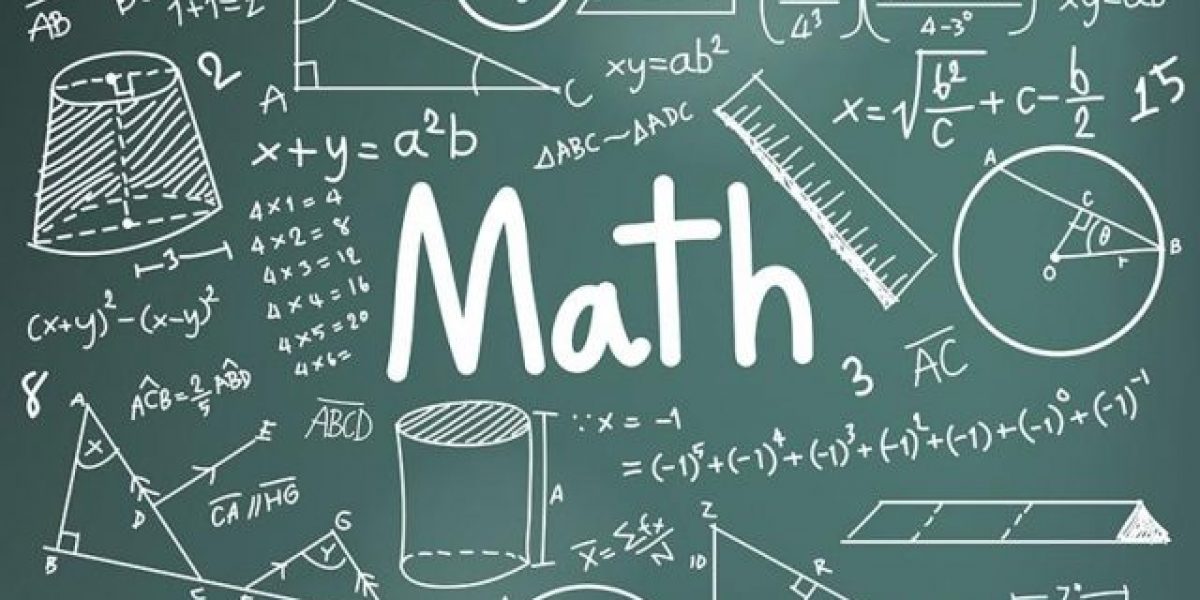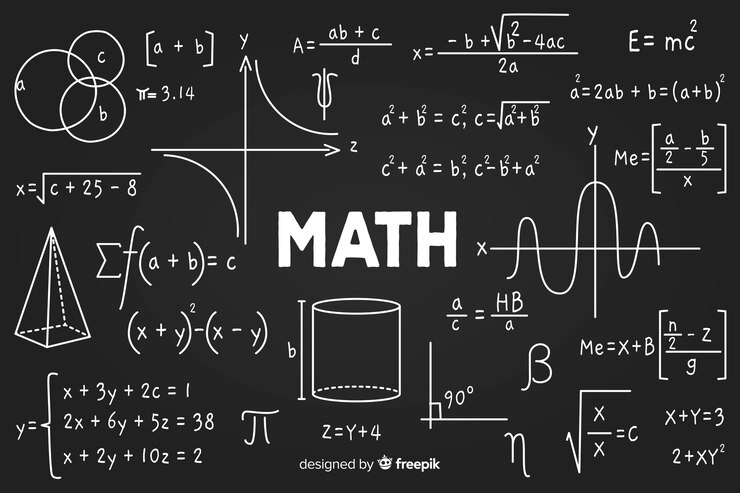Studying mathematical analysis can be a challenging task for many students due to its complex and abstract nature. However, with the right approach and effective strategies, mastering this subject is definitely achievable.
In this article, we will explore some helpful tips and techniques to study mathematical analysis effectively. By implementing these methods, you can enhance your understanding of the principles and concepts involved in this field of mathematics, ultimately boosting your academic performance and confidence in tackling analytical problems.
Let’s delve into the world of mathematical analysis and discover how you can excel in your studies.
Practicing Problem-Solving Techniques in Mathematical Analysis

To effectively study mathematical analysis, it is essential to practice problem-solving techniques consistently.
By working through a variety of challenging problems, students can strengthen their analytical skills and deepen their understanding of mathematical concepts. It is important to approach each problem with a systematic and logical mindset, breaking down complex problems into smaller, more manageable chunks.
Additionally, students should seek out different problem-solving strategies and techniques, such as identifying patterns, making connections between concepts, and considering alternative approaches to find solutions. Through consistent practice and perseverance, students can improve their problem-solving abilities and excel in the field of mathematical analysis.
Exploring Different Study Methods for Mathematical Analysis

When embarking on the journey of studying mathematical analysis, it is important to explore different study methods to find what works best for you.
Some students find success in breaking down complex concepts into smaller, more digestible chunks through the use of visual aids like diagrams or graphs. Others prefer a more hands-on approach, working through problems step by step to deepen their understanding.
Some may benefit from engaging in group study sessions to discuss ideas and problem-solving strategies with peers. By experimenting with various study methods, you can discover the most effective way to master the intricacies of mathematical analysis and achieve success in your studies.
Seeking Help and Collaboration in Studying Mathematical Analysis

When faced with challenging concepts in mathematical analysis, one of the most effective strategies is to seek help and collaboration with others.
By engaging in study groups or seeking assistance from professors or peers, you can gain valuable insights and perspectives that can help clarify your understanding of complex topics. Collaborating with others also allows you to tackle problems from different angles and approaches, ultimately leading to a more comprehensive understanding of the material.
Additionally, discussing and debating mathematical concepts with others can help solidify your knowledge and improve your problem-solving skills. So don’t hesitate to reach out for help and work together with others in your study of mathematical analysis.
Conclusion
In conclusion, studying mathematical analysis effectively requires dedication, practice, and a clear understanding of the fundamental concepts. By consistently reviewing the material, practicing various problem-solving techniques, and seeking clarification when needed, students can build a solid foundation in mathematical analysis.
Verification of limits using the definition can aid in deepening one’s understanding of the subject. With perseverance and a proactive approach to learning, students can excel in mathematical analysis and develop critical thinking skills that will serve them well in their academic and professional pursuits.
Ultimately, mastering mathematical analysis is a rewarding challenge that can lead to a greater appreciation of the beauty and complexity of mathematics.


